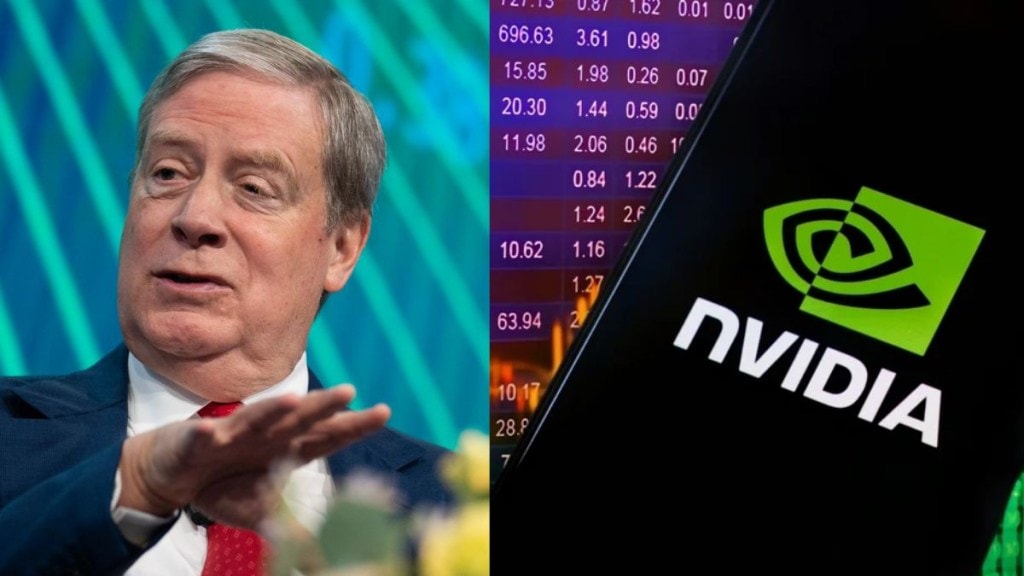Billionaire investor Stanley Druckenmiller is someone the market never ignores. Even though his hedge fund is no longer active, Druckenmiller continues to invest through the Duquesne family office, which now manages about $4 billion.
Because of that track record, many investors still follow his moves closely.
Recently, his moves have raised eyebrows. Over the past year, Druckenmiller sold his holdings in three of the market’s biggest success stories, including Nvidia, Palantir Technologies, and Eli Lilly.
His choice to sell these stocks is especially interesting because all three have been major winners. Nvidia became the undisputed leader in AI chips, and this dominance helped to increase the company’s revenue growth and investor enthusiasm. Palantir surged as companies sought AI-driven software to analyse and use data more effectively.
Druckenmiller’s inclination towards Meta and Alphabet
After exiting those positions, Druckenmiller turned his attention to two new names, Alphabet, the parent company of Google, and Meta Platforms, the company behind Facebook and Instagram.
He opened positions in both during the most recent quarter. Though these companies are also part of the elite “Magnificent Seven” group of tech giants that have powered recent market gains, they stand apart for one key reason.
They are currently the most reasonably priced stocks in that group. That may have played a role in Druckenmiller’s decision, especially given the elevated valuations of the stocks he sold.
AI still at the center of his strategy
These new investments still keep him firmly exposed to the ongoing AI boom. Both Alphabet and Meta are pouring money into AI development, integrating the technology into their existing businesses, and using it to improve user experience and advertising performance.
For Meta, the goal is to use AI to make its social media platforms more engaging and to deliver better results for advertisers. Since advertising remains Meta’s main source of revenue, stronger performance here could translate to meaningful growth.
Alphabet is taking a similar approach, using AI to strengthen advertising on Google Search and YouTube while also expanding its suite of AI tools and services through Google Cloud. This segment has already been growing and could continue benefiting as more businesses adopt AI-powered tools.
Rather than holding onto stocks that have already surged, he appears to be shifting toward companies with durable businesses, massive reach, and meaningful potential to benefit from AI but without high valuations.

